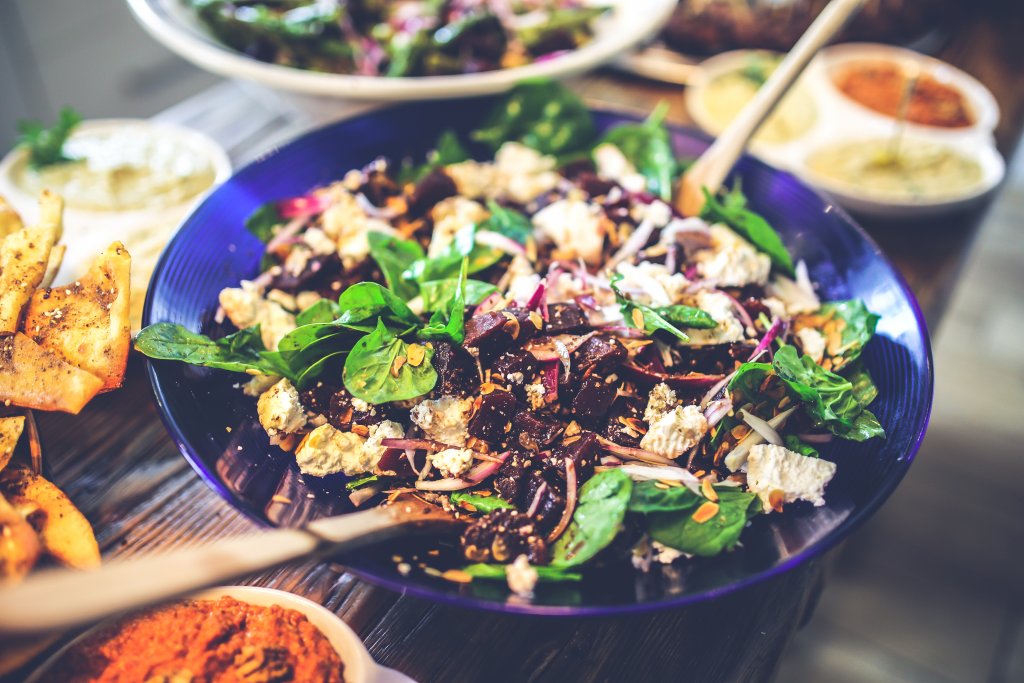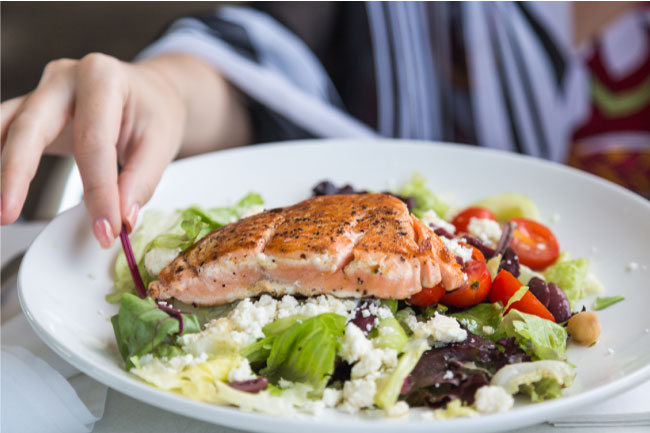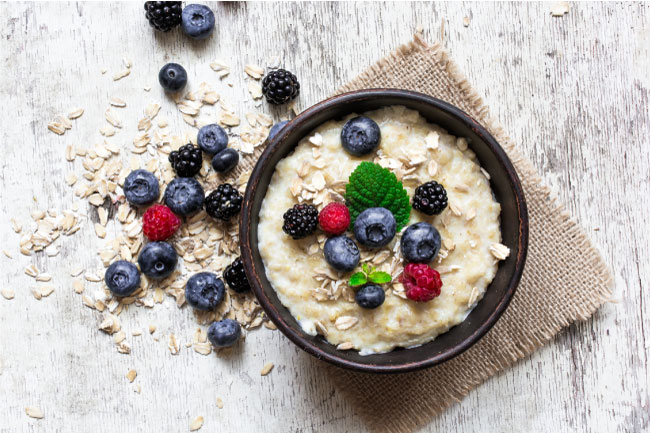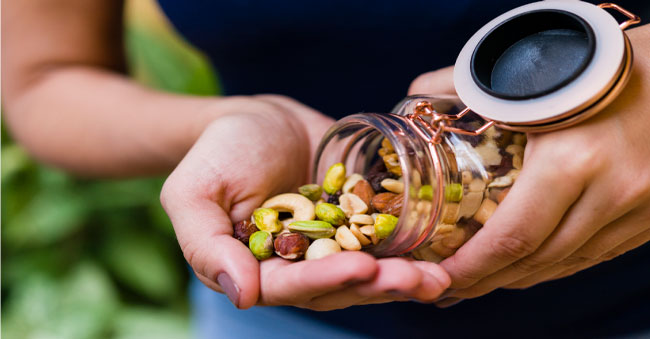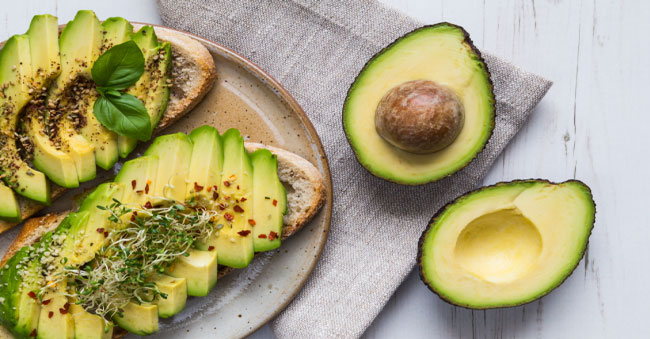Six Foods That Help Improve Seniors’ Brain and Heart Health
January 15, 2022
The aphorism “you are what you eat,” is actually true! Being your “best self,” starts with eating the “best foods” for your nutrition and health needs. Eating well is an easy way to improve your overall health. Here, we’re highlighting six foods that do double duty by helping to improve brain health and strengthen your cardiovascular system.
1. Pile on the dark, leafy greens
Greens are versatile. You can eat them raw in salads or on sandwiches, sauté them, add to soups and casseroles, or blend them into smoothies or pesto sauces. Try to eat at least one serving (1 cup raw or 1/2 cup cooked) of dark leafy greens each day.
Besides being delicious, leafy greens are linked to slower age-related cognitive decline. A study published in the journal Neurology “focused on the level of consumption of green leafy vegetables like spinach, kale, collards, and lettuce.” The five-year study of seniors (average age 81 years) found that “the rate of cognitive decline among those who consumed the most to those who consumed the least was equivalent to being 11 years younger, cognitively.“
Dark, leafy green vegetables are also rich in magnesium and high in vitamin K and nitrates. The nutrients strengthen the cardiovascular system by helping reduce blood pressure, dilate blood vessels, and strengthen arterial function.
2. Get a whole lot of benefits from whole grains
Dietary fiber helps protect against heart disease, inflammation in the brain, and some types of cancer. The USDA recommends 14 grams of fiber for each 1,000 calories of food. For most people, that equals about 28 grams of fiber per day.
- Soluble fiber (found in all fruits, vegetables, legumes, and beans) helps reduce blood pressure and control inflammation. They also lower levels of low-density lipoprotein (LDL), which is often referred to as “bad” cholesterol.
- Insoluble fiber (found in nuts, whole wheat, cauliflower, dark leafy greens, and fruits with the skin on) improves digestion and helps protect you from colorectal conditions, including colon cancer.
3. Choose sustainably harvested healthy fish
Fatty cold-water fish like salmon, sardines, and mackerel are terrific sources for omega-3 fatty acids, making them heart-health powerhouses. Some studies have shown that two four-ounce servings each week and reduce the risk of dying from heart disease by over 30%. Other benefits include:
- Reducing triglyceride levels in the blood.
- Lower blood pressure
- Reducing arrhythmias (irregular heartbeats)
- Decreases risk of strokes and heart failure.
For people with early, mild cognitive decline, some studies have shown that regular consumption of omega-3 fats may improve memory loss. The omega-3 acids also help improve blood flow to the brain, helping it stay healthy.
Remember that some fish species are threatened by over-fishing, which affects the health of our oceans. Check this list of eco-friendly seafood choices before you buy.
If you’re allergic to fish, vegetarian/vegan, or just don’t like fish, alternative omega-3 sources include:
- Soybean oil
- Walnuts
- Seaweed and algae
- Seeds, including hemp, flax, and chia
4. Add color and flavor with berries
Strawberries, blueberries, and raspberries are particularly high in polyphenols, which improve brain health by reducing inflammation, boosting cognitive function, and improving memory. Other polyphenols sources include red and purple grapes, cherries, plums, and dark chocolate.
Berries also contain antioxidants that help lower the risk of heart disease, reduce clotting, and lower blood pressure.
Eat berries in season when you can, but remember that out-of-season fresh produce is often expensive and of lower quality. Fortunately, freezing doesn’t lower berries’ nutritional benefits. Some studies suggest that frozen fruits and vegetables are actually healthier because they’re frozen at the peak of freshness, so enjoy your winter smoothies!
5. Reach for the nuts when you need a snack
Tree nuts pack a lot of nutrition into a small package. They contain fiber, vitamin E, polyphenols, and a wide assortment of vitamins, healthy fats, and minerals. These help improve cardiovascular health, lower LDL cholesterol, and prevent clotting.
Walnuts are particularly good for both heart and brain health because they contain high concentrations of the omega-3 fatty acids DHA and alpha-linolenic acid, which support brain function, regulate mood, and improve some neurological conditions.
Nuts are also high in calories, but you don’t have to eat a lot to get the benefits. Just an ounce 4-5 times a week can improve heart and brain health.
6. Add an avocado a day
An avocado is actually a berry! Who knew? It’s classified as a single-seeded berry, and a delicious one at that. It’s rich in sitosteral, a heart-healthy plant sterol that helps maintain healthy cholesterol levels. Avocados are high in calories, but they’re a concentrated, tasty source of fiber, healthy fats, and important vitamins and minerals, including potassium and magnesium.
The nutrients in avocados support hearth health by helping to lower cholesterol, improve circulation, and reduce blood pressure. This also helps support brain health, but the monounsaturated fatty acids avocados contain also help protect astrocytes in the brain that support information-carrying nerves.
Most people think of avocados only as a guacamole ingredient, but you can eat them by themselves or add sliced avocado to salads, sandwiches, and smoothies. Avocado oil is a healthy cooking choice because it can be heated to high temperatures without breaking down.
Bay Alarm Medical: safety solutions at home & on the go
Eating healthy is an important part of staying healthy. Bay Alarm Medical’s medical life alert systems can help you stay safe at home and on the go. We offer a full suite of medical alert options, from at-home medical alert systems to on-the-go systems like our SOS Smartwatch, GPS Help Button, and .
Call us at 1-877-522-9633 to get answers about our medical alert systems options and bundles before you buy.
